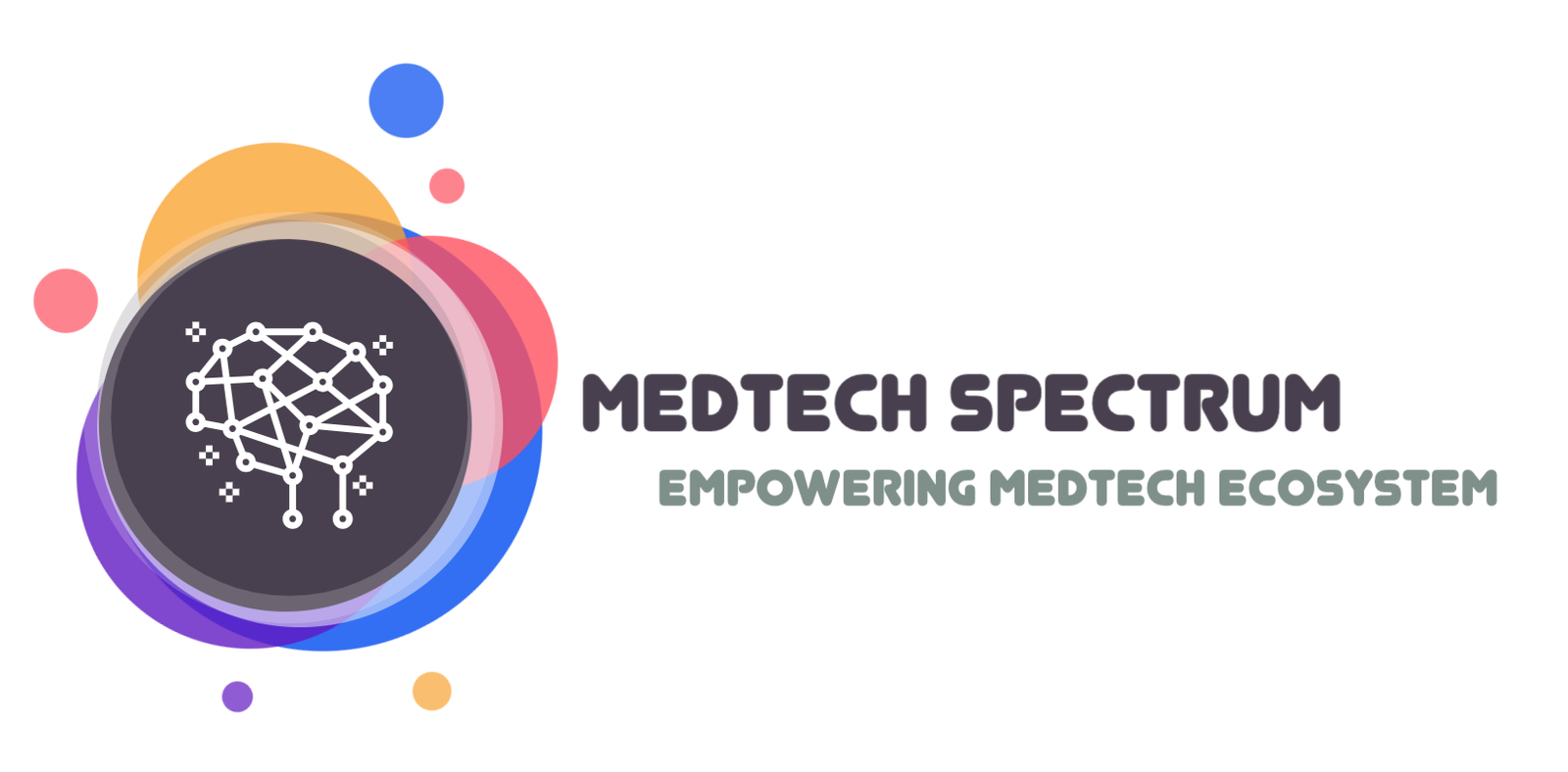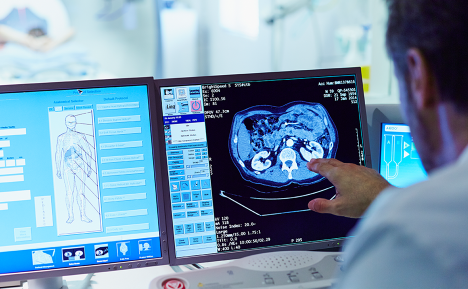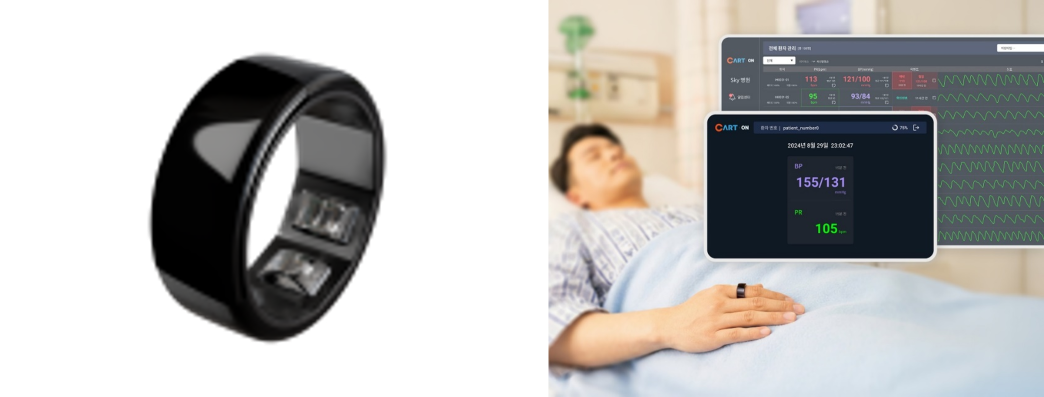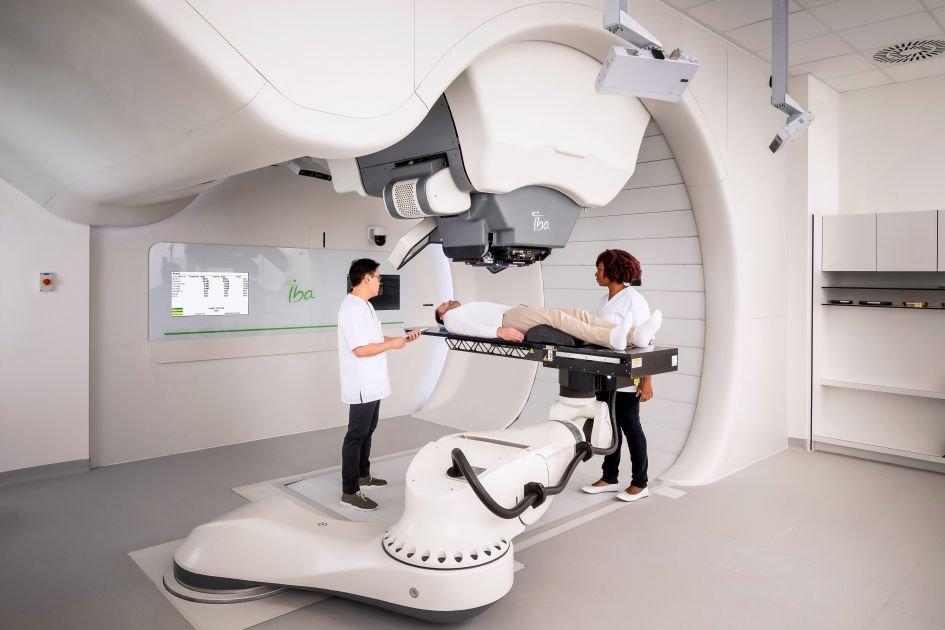MicroGenDX has taken a major step forward in infectious disease diagnostics by integrating the Illumina MiSeq i100 Plus platform into its laboratory operations. This cutting-edge sequencing system drastically reduces turnaround time, making MicroGenDX the only Next-Generation Sequencing (NGS) testing provider capable of delivering pathogen identification results within 24 hours of sample receipt. By pairing the speed of this new platform with its dual NGS and PCR-based approach, MicroGenDX can now identify more than 57,000 bacterial and fungal pathogens as well as 17 types of antibiotic resistance genes—offering a powerful tool for precision medicine in infectious disease management.
The purpose of this innovation is clear: to give providers, hospitals, and patients the ability to act faster when time is critical. The MiSeq i100 Plus platform delivers an 80% faster run time compared to previous systems, completing high-output sequencing in just 12 hours. This allows MicroGenDX to process multiple NGS batches daily and provide next-day test reports even for high-volume hospital environments. Clinicians benefit from streamlined, simplified reports that combine qPCR and NGS results, enabling quicker interpretation and more informed treatment decisions. This upgrade not only improves diagnostic efficiency but also supports antimicrobial stewardship by targeting therapies more precisely.
The importance of this development lies in its clinical impact and operational sustainability. Faster diagnostics can be life-saving, especially for critically ill or immunocompromised patients facing severe infections. In addition, the new platform enhances sequencing accuracy, improves batch scalability, and reduces environmental waste—cutting carbon emissions by 35% and packaging waste by 85%. By maintaining compatibility with a wide range of sample types across specialties, MicroGenDX is future-proofing its services and reinforcing its role as a leader in molecular diagnostics. This innovation exemplifies how advanced technology can directly improve patient outcomes while supporting more efficient, responsive healthcare delivery.



















